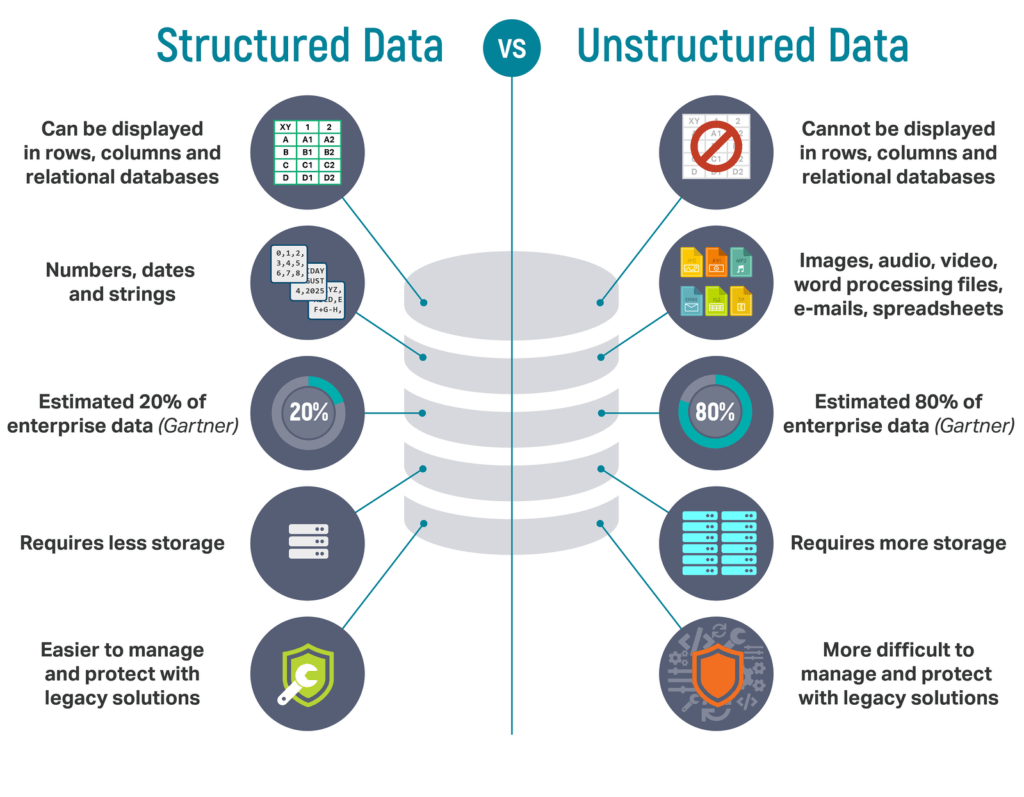
Structured data is exactly what it says on the tin. Structured…and erm, you know, data. If those two were food ingredients they would make a great salad. One so tasty, you cannot resist the temptation and so nutritious you cannot simply afford to ignore.
The effort to collect structured data signaled a fundamental shift of intent from Google. Organising the world’s information by listing website results is a tricky business. SPAM, broken links, malfunctioning websites and the unwillingness to write content aimed at the user all don’t help the cause when trying to organise the world’s information. Pre-internet paper directories were trying to organise the world’s commercial information. Libraries were kind of trying to do what Wikipedia achieved in a short space of time.
What is structured data?
Think of an Excel spreadsheet with different fields for a bunch of different things. Text, pictures, pricing, product codes….
Now multiply that by millions of different Excel sheets where certain parameters differ. Take all these spreadsheets, feed them into a database and then produce a clever, clear, fast way to offer that information in a way convenient enough, to the consumer. [For example when you search for “150 GBP into Euro”]
Scenario 1
Do you need a plumber? In Croydon?
Not a problem.
Speak to a Siri-style service and ask for a “cheap plumber in Croydon”. Siri-style results engine – feeding from those neat spreadsheets we were talking about before – starts listing plumbers based on proximity, professional rating, pricing & complaint/success ratio?
How do you collect such data?
Sounds a little bit expensive to collect all this data. But wait a minute? Since there is all that ‘free’ search traffic on offer and since we all need it so dearly, how about asking webmasters, SEOs and digital marketers to do a job for us? This is what Google set out to do a few years back.
So by throwing the bone of more free traffic, we are asked to ‘structure’ our data, and I am not talking about simple tagging. This is about collecting detailed business information in a manner that is sufficient to satisfy a consumer request and need.
Within seconds and with relatively high precision. Sounds very powerful. And like in the old days of Yellow Pages, in a world where we are on the go and always in a hurry, the first result often wins. So if you think you can sustain a top 3 position in SERPs to get a chance of 60% of clicks for a search phrase, imagine trying to sustain the No1 position in a situation where the top result gets 90% of all the engagement. It changes the game.
How does this shape things?
The example above states the obvious, but then again to be on the safe side, let me explain myself.
If the user can satisfy a commercially-driven search request for a relatively low consideration service, why would they need to visit a website? Particularly if they were mobile, which we all are increasingly so. If this service was paid for by the advertiser then the data displayed would have to reflect this.
So from turning unstructured data to structured, Google and other companies have moved beyond search results and turn their attention to the world of AI. Funnily enough, it will be SEO that will be responsible for informing AI about the world around us.
If the information served up by AI is fair, then we can hope to lead happy lives. But if the results are biased, our reliance on AI for recommendations (database searches) will lead us to commercial endeavors mainly, limiting our choice and access to information.
What does this mean for my website?
Search engines are getting more clever about collecting data. Structured data is still the backbone, but there are increasingly advanced ways to collect, correlate and verify the data they choose to use.
It is still advisable however to tag your website with as much structured data as is permissible. This would increase your chances of the data to be used in search results, but also voice recommendations via AI. Use structured data tagging only when allowed, as misusing it, can lead your website to be removed from search results indefinitely.
For more information on how to implement structured data speak to one of our experts.








Follow Us